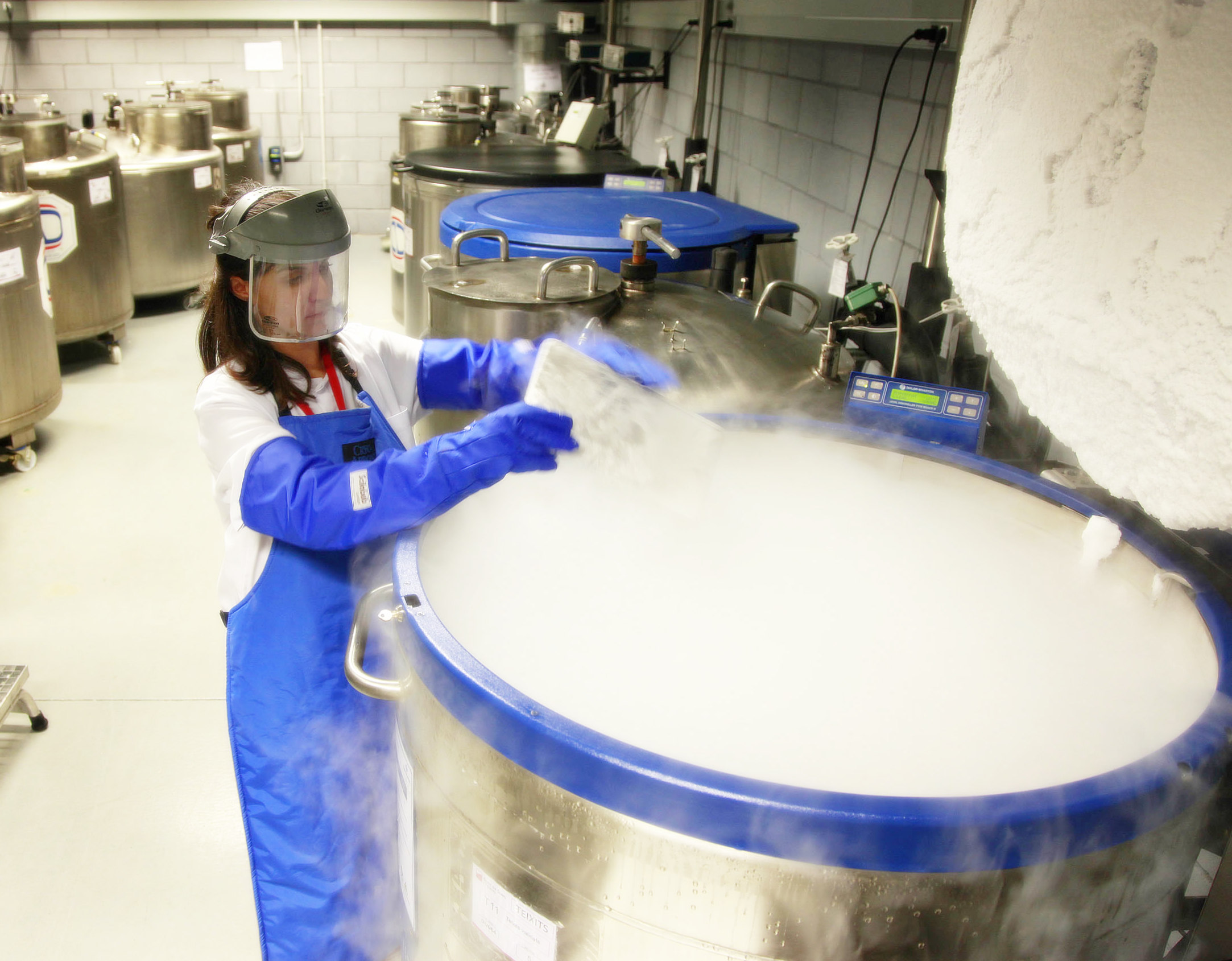Tissue

Tissue donation is less well-known than organ donation, but it has wider application because a single tissue donor can help over 100 people,
e.g., those suffering from major burns who need skin, or people who can recover their sight thanks to a cornea transplant.
Who can be a tissue donor
Tissue donation is possible when death is caused by cardiorespiratory arrest in the hospital or not.Tissue characteristics make it possible to harvest it up to 24 hours after death.
Tissue harvesting is performed under sterile conditions in a proper operating room by a highly qualified medical and nursing team.
The body is always treated with the utmost respect so that the regular funerary process may be completed.Donation does not delay burial or incineration of the deceased.
The transplant coordinator is responsible for informing and advising the family of the potential donor, supervising the entire process and answering any questions the families may have.
How to become a donor
When a person is considering the possibility of becoming an organ or tissue donor, the first thing to do, and the most important, is to communicate the decision to the family and closest friends.
They will be the first to be contacted by the transplant coordinator regarding the possibility of donating after death occurs.
Clinical conditions at the time of death will determine whether tissue is suitable for transplant.
In the case of minors or people with disabilities, the decision of the person who holds parental responsibility will be respected (Law 30/1979).
In Catalonia, the organization responsible for organ and tissue donation is the Catalan Transplant Organization. If you would like more information, please phone 93 339 83 03 or visit ocatt.gencat.cat.


